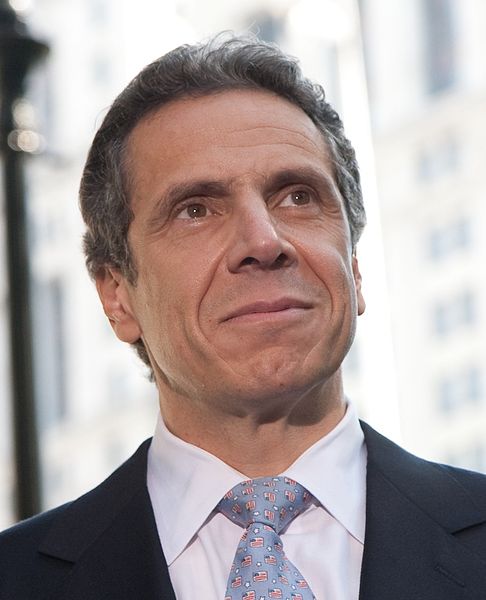
On Thursday, Oct. 16, Gov. Andrew Cuomo announced new policies addressing sexual assault incidents and charges that will be implemented uniformly throughout the entire SUNY network. Along with new bystander intervention programs on campus such as “Step Up! New Paltz” and W.A.R. (Walk Against Rape), these new policies aim to create a safer environment for women in SUNY colleges and universities.
The new universal regulations will involve a variety of new policies and programs, including a uniform definition of consensual sex, an amnesty policy to encourage victims to report crimes and offenses, comprehensive training for campus police and administrators in dealing with incidents of sexual assault, a widely-broadcasted public awareness campaign, a Victims’ Bill of Rights and confidential reporting protocol for all SUNY campuses. Students will have access to the Victims’ Bill of Rights in the near future.
Additionally, the regulations require SUNY schools to assess their campuses in regards to sexual assault crimes and how many are reported to authorities. At SUNY New Paltz, Linda Fairstein was appointed special advisor in charge of implementing Cuomo’s new policies and assessing the current campus situation.
SUNY New Paltz President Donald Christian described how these regulations will affect faculty, administrators and students on campus.
“Everybody [law enforcement, administrators and faculty] will be trained [with the new regulations],” said Christian.
Christian described the benefits of universal SUNY policies.
“There’s some circumstances where uniformity would really be helpful,” said Christian. “For example, we run this global engagement program in New York City in the fall where it’s mostly our students, but it’s open to students from other SUNY campuses as well if all of those students coming in were subject to the same uniform codes, it would be an asset in managing and responding to any sexual assault or sexual violence issues that came up there.”
However, Christian also cited the complexity of the issue at hand, illustrating the mixed reception of these “blanket protocols.”
“We also have to recognize that the challenges at a residential campus like SUNY New Paltz are not the same as at a community college or heavily commuter school,” Christian said. “We’re still trying to sort that out.”
Cait O’Connor, a third-year secondary education major and member of the student senate, is heavily involved in advocacy for victims of sexual assault on campus. She explained how these uniform protocols could be beneficial for sexual assault survivors.
“[These policies could create] more options and the possibility of a broader range of coverage and sanctions, asking schools to be more accountable for the sexual assault that occurs on their campuses,” said O’Connor. “It forces administrators and law enforcement on campus to rethink the way they approach sexual assault. [However,] a downside to this is the labeling and the norms that this reinforces about rape culture. The implementation of a ‘victim’ bill of rights is problematic because it forces an identity [victim] on people that they may not identify with.”
Despite the mixed reception of these new policies, the SUNY network undoubtedly continues to make strides. Christian shared some intel on SUNY’s glowing reputation.
“The beauty of this is that our SUNY system legal representative has been very involved in national talks in Washington, D.C.,” Christian said. “SUNY is upheld as a national model for doing this well [in regards to sexual assault policies].”
